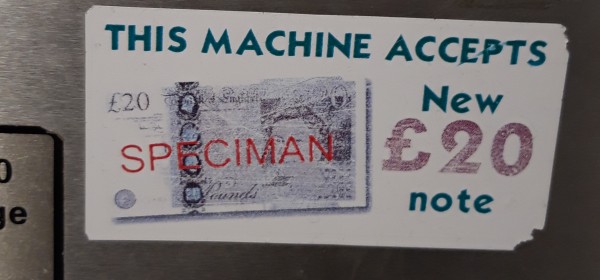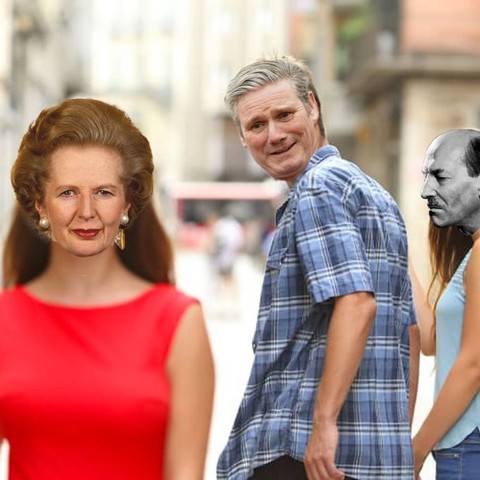60 year-old toddler denied vote
 A polling station in South Oxfordshire had the embarrassing duty of refusing to allow someone with a toddler haircut the opportunity to vote.
A polling station in South Oxfordshire had the embarrassing duty of refusing to allow someone with a toddler haircut the opportunity to vote.
The toddler in question was 60 years old and rejoiced in the title and name of disgraced former party-time alleged prime minister Alexander Boris de Pfeffel Johnson.
According to the BBC, former Conservative Prime Minister Boris Johnson was turned away from his local polling station after forgetting to bring acceptable photo ID. However, he returned later with the necessary ID and was able to vote.
The irony of this occurrence is that the production of photo ID to vote was introduced by Johnson’s government in the Elections Act 2022 in a deliberate act to suppress votes for the opposition. How so? there are far more forms of photo ID acceptable as proof of identity that held by older people than those held by younger people. Furthermore, younger people are generally less inclined to vote Conservative.
The justification given at the time for introducing photo ID was to eliminate personation, i.e. assuming the identity of another person with intent to deceive, particularly within the scope of an election. Nevertheless, this is a non-problem in Britain. As Andy Beckett helpfully points out in today’s Guardian: “According to the Electoral Commission, at the last nationwide elections before voter ID was introduced, in 2022, only seven people were accused of the crime that the new system is supposed to end – impersonating another voter at a polling station – and none of these allegations led to police action“.
So why did Johnson turn up at the polling station without valid photo ID? There could be a couple reasons. Firstly, for all his erudition and love of quoting classical mythology and ancient history,Johnson isn’t all that bright. Even when one examines his use of classical references, they too can fall apart under the most cursory examination (posts passim). Could he simply have forgotten the impact of his legislation? Hardly likely, considering how the need to furnish photo ID is printed in bold characters on every poll card. Secondly there’s Johnson’s arrogance and sense of entitlement. He believes rules are for everyone else and don’t apply to patrician types like himself. This was amply demonstrated by the Downing Street Partygate affair during the lockdown for the Covid 19 pandemic.
 Finally, the disgraceful Johnson was not the only high-level Tory to be caught out by falling foul of the photo ID requirement.
Finally, the disgraceful Johnson was not the only high-level Tory to be caught out by falling foul of the photo ID requirement.
Step forward Tom Hunt, the Conservative MP for Ipswich. According to The Independent, Mr Hunt asked local members to act as his “emergency proxy” after he found that he had no appropriate ID to vote in the local council elections. The paper goes on to explain that under certain circumstances, where you have an emergency that means you can’t vote in person, you can apply for an emergency proxy. Such emergency proxy applications can be made up to 5pm on polling day. Unlike Johnson, Mr Hunt has been diagnosed with both dyslexia and dyspraxia, which could explain his predicament.










 In the twenty-first century digital sovereignty has become a matter of political importance to the north German federal state of Schleswig-Holstein.
In the twenty-first century digital sovereignty has become a matter of political importance to the north German federal state of Schleswig-Holstein.


 Backbench Tory MP Robert
Backbench Tory MP Robert